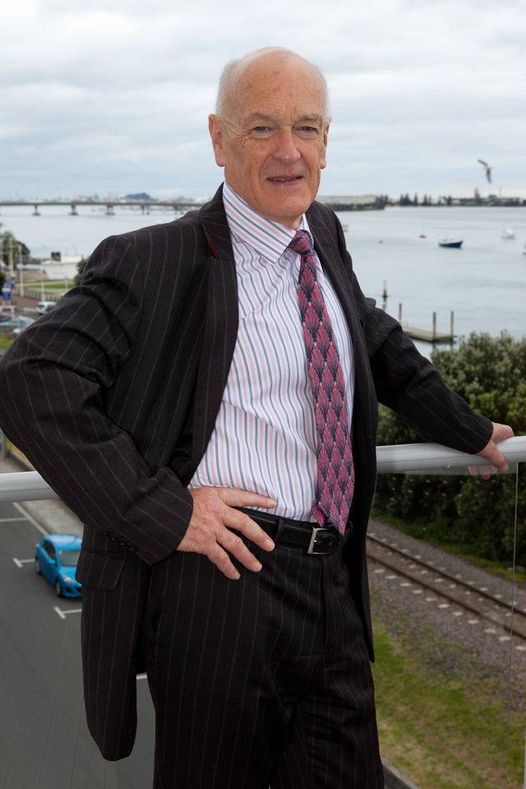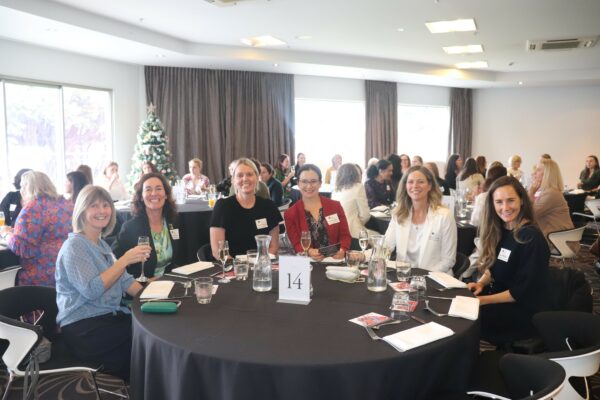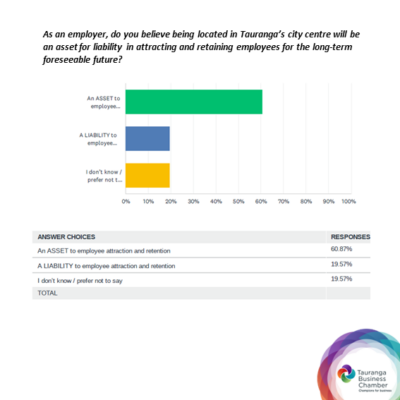Leading COVID-19 community recovery should be local government’s opportunity of a lifetime.
What better way to demonstrate councils are the natural leaders of their communities, best placed to work with them to develop recovery strategies reflecting their different needs, circumstances and opportunities?
What amounts to virtually a consensus internationally that recovery will be critically dependent on the enablement of resilient communities emphasises the scale of the opportunity. So does the emergence of highly effective recovery strategies/techniques which only groups like councils strongly engaged with their communities have the reach and capability to put in place – anchor institutions strategies, community wealth building, participatory budgeting, civic crowdfunding (really taking off in the UK as a way of supplementing community resources) enabling resilient communities as a means of rebuilding social cohesion…
What is happening? Driven by the pressure of immediate demands, including central government’s emphasis on infrastructure investment as a short-term recovery strategy, councils have focused on organisational and administrative issues within councils themselves. And it matters to make sure services continue to function, councils do pay attention to the budgetary impacts, the way councils operate is adjusted to comply with Covid-19 protocols. Also, much credit is due to mayors, elected members and staff for the way they went the extra mile on behalf of their residents and ratepayers, ensuring that services continued to operate, the vulnerable members of their communities were supported and much else. Along with many other sectors, health, emergency services, food supply chains…local government was doing its bit to make sure their communities could cope.
What should happen? A major pivot led by elected members working collaboratively with their communities and other stakeholders to take an in-depth look at the different ways Covid-19 and the measures taken to deal with it are impacting on residents, ratepayers, businesses, Maori, NGOs – all the varying interests within the council’s district – and developing effective responses.
This is the true role of any governing body but especially one which has a statutory responsibility for promoting the well-being of the communities it serves.
What could councils be doing under the direction of elected members? First focusing on the purpose of local government – to enable local democratic decision-making BY and on behalf of communities and to promote community well-being. Among other things and especially given the nature of the decision-making rules now binding on councils this should see elected members requiring as a basic principle for decision-making that the preferred option will always be the one which optimises community well-being.
Next, and consistent with this basic principle, focusing on how best to use their extensive powers to mitigate the impact on ratepayers of council operations including rates.
Given the powers councils have, this should see ratepayers being given the option of postponing their total rates for a period of up to (say) five years as an immediate contribution to managing what for many will be a very tough business/personal financial situation (properly designed this form of postponement can be done without any negative impact on the council’s own financial flexibility).
These powers are unique to New Zealand local government and a very valuable resource for their communities. They are also very little understood because although they’ve been in legislation for years, until now there has never been a need to use them.
Then, positioning the council as the lead in facilitating and enabling resilient communities building on the very extensive body of knowledge and practice which has grown up internationally in recent decades. This is critical to addressing problems such as increasing inequality – giving voice and control to the voiceless is recognised as pivotal for improving community well-being.
Embracing the best of current practice for strengthening local economies – this includes anchor institutions, community wealth building and participatory budgeting.
Ensuring that the council (all councils) work with central government to make local government a full partner with central government in the development and implementation of well-being policy at a regional and local level.
Why might none of this happen yet? Timing certainly hasn’t helped with COVID-19 striking in the middle of the preparation of the first annual plan for councils which were only elected a few months prior and in many instances are still inducting new members.
There are two main reasons. First, sector organisations have been preoccupied by dealing with the immediate impacts of Covid-19 so have not been able to provide the strategic leadership required. Next, the current governance model for councils themselves is not fit for purpose.
The current governance model goes back to the reforms of the late 1980s and the so-called policy/implementation split. In accordance with this elected members (the governing body) are “responsible and democratically accountable for the decision-making of the local authority” and the chief executive (the governing body’s sole employee; the chief executive employs all council staff) is responsible for “ implementing the decisions of the local authority” and “providing advice to members of the local authority”.
That model was put in place at a time when councils were not required to consult with their communities on any of their activity, confronted minimal compliance requirements – mainly the publication of a very rudimentary annual report and audit by the audit office – and operated in a much less complex environment (pre-RMA and pre-the complexity of modern infrastructure design, construction, maintenance and funding). The job of elected member was very much part time, and the work could almost certainly be done in a few hours a month at the kitchen table.
Over the past 30 years there have been numerous incremental changes in council responsibilities, compliance requirements, accountability, the complexity of the services for which councils are responsible and the nature of the communities which councils themselves serve. What hasn’t happened is a stock-take of the implications for the governance of councils and the ability of elected members to act as a genuine governing body.

Today the position of elected members in virtually all councils is full-time and requires councillors to cope with an enormous array of quite complex material. How is this role resourced? Most councils provide elected members with a laptop and a cell phone. Few, if any, make any workspace available for councillors – the kitchen table still rules supreme!
How do councillors satisfy themselves about the appropriateness and reliability of the advice from their chief executive? Essentially through their own research and questioning the chief executive and other officials when proposals are presented to council meetings.
Councils make no provision for councillors to obtain independent advice no matter the complexity of the issue or the scale – independent advice in the sense of a second opinion, if elected members require one, will be commissioned by the chief executive and reported through the chief executive to the council.
It’s a set of arrangements which makes it virtually impossible for the governing body to come together as a governing body to set its priorities for how the council should function and how it should work with its communities. In practice, and whether or not this is intended, it effectively means most councils are driven more by management rather than elected members.
The statutory provisions defining the role of the chief executive as implementing the decisions of the local authority and providing advice to its members were intended to prevent political interference in the job of management. In practice they have operated more as a means of largely shutting elected members out of effective direction setting, oversight and monitoring of council activity.
Against this background it is hardly surprising the local government response to Covid-19 is very much focused on the needs and interests of the council as an organisation with the needs and interests of its communities recognised but not really in any way different from what any large organisation would do.
At the very time when elected members as the governing body of the council should be and indeed need to be leaders of their communities, setting the direction for coping in a very different world, the prospects of their doing so are limited. There are solutions which could be put in place well-nigh immediately and without legislative change (for elected members to take the lead in setting the council’s governance policy would be a good start[1]).
Most would focus on a major shift in the balance of power between elected members and management. Arrangements would be put in place to ensure elected members could genuinely act as a governing body with the resource and capability required to provide the independent oversight and guidance we should all of us want to see our councils providing. Among other things this would be a great contribution to ensuring council managements act in ways which reflect the needs of the communities they serve.
Potentially this should be a win-win for elected members and for management. Any capable chief executive understands the importance of strong governance. For local government today, most chief executives will also at least intuitively understand that strengthening the role of councils depends both on earning the respect of their communities and the trust and confidence of central government. Neither of these will be achieved unless the strength and quality of the governance of local government improves dramatically. Perhaps more importantly unless this happens it will become more and more difficult for local government to convince either its communities or central government that it is fit for purpose in a Covid-19 world.
[1] Such a policy could cover matters such as the management of council business, how matters came before the council, what resources would be made available to support councillors in undertaking the role (e.g., physical in terms of working space, human capital in terms of advisers equivalent for example to advisers in ministers’ offices, obtaining/commissioning independent advice…).
The column expresses the views of Peter McKinlay, director of Local Government Think Tank. All views are his own. You can find out more about Peter and the Think Tank online: www.mdl.co.nz
















































